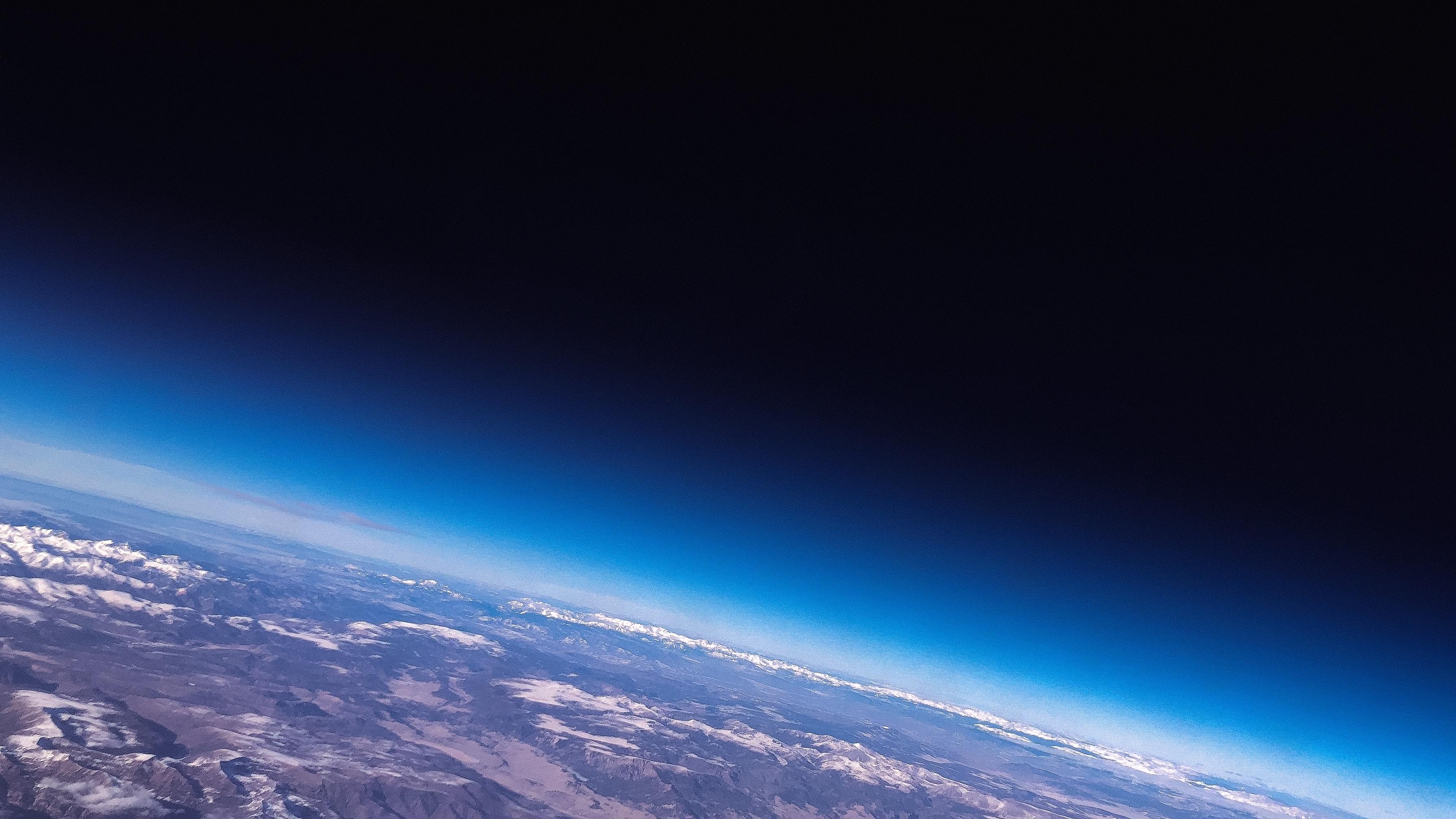Nearly 25 years ago, my cofounders and I set on a path to create a world-class design firm. The web was new. Design-led innovation was nascent. Ten years in, we renamed ourselves Peopledesign to reflect our commitment to human-centered design and collaboration. A few years later, we wrote a book about brand meaning and customer experience – our focus since the beginning.
People-centered design is the heart of our mission. We aim to work on what is good for people and are proud to be a part of efforts that support healthcare, education, meaningful work, and more. These are paths we will continue to walk, but in the wake of the pandemic and perhaps a maturing mindset about our future path, we will continue to follow our own advice to ever tighten our focus and align our business to our core purpose.
The planet is going to be fine. I’m worried about the people.

It’s hard to ignore Bill Gates’ prescient warning about an inevitable coming pandemic five years before COVID. Many people now wish had taken this advice more seriously. In his new book, How to Avoid a Climate Disaster, Gates lists some of the greatest contributors to carbon emissions, which aren’t what most people think, starting with the manufacture of concrete and steel. These are the literal foundation of the built environment – a focus of ours for years.
“On spaceship earth, there are no passengers, only crew.” These famous words by Buckminster Fuller were inscribed on the coffee mugs at my first job at Herman Miller. They were meaningful to me then, and even more so now. People admire Patagonia and Interface for being sustainability leaders, but it is because of their actions beyond the words. At Peopledesign, we’re starting the next chapter of our story with an added focus on sustainability.
This may not sound like a big step and it may seem like we’re late to the party. For us, like our deliberate declaration of a hard focus on human-centered design, it’s about aligning our personal convictions with our commercial interests. It’s one of the most people-centered things we can do. Since sustainability is often defined as a focus on people, the planet, and profit, we’re just adding one new element.
Some may say this isn’t far enough. The next frontier is ethics, responsibility, and equity. All true. We will endeavor to explore these trajectories as well, as they too are part of a formula for success. As historian Yuval Noah Harari notes in his book 21 Lessons for the 21st Century, the biggest challenges of the experiment of human civilization are artificial intelligence, infotech merging with biotech, and climate change. These complicated problems overlap in the need for better communication, meaning, and experience. Our bread and butter.
What does this mean in practice? Does it mean we’ll judge our clients? No. We ourselves are no better, and perhaps worse than many of our customers. We will continue to dive deeply and explore ways to help companies innovate, only now with a more keen examination of our collective journey. We endeavor to be part of the solution and help to better pull our weight on spaceship earth.
This moment reminds me of a phrase used in meditation practice reflecting the importance of observation, taking the next breath, and moving ahead.
Begin again.